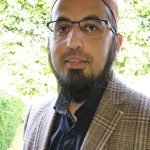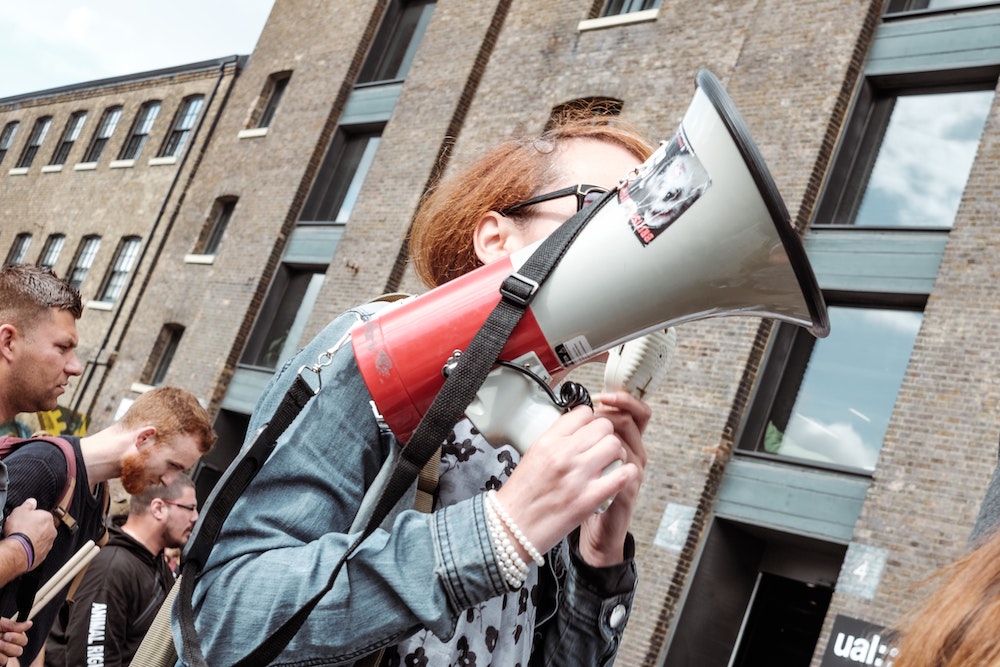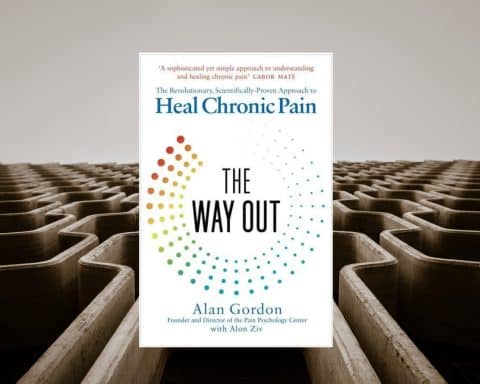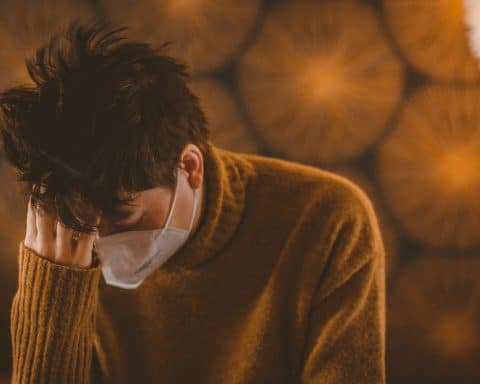 Samar Razaq is a GP in Burnham.
Samar Razaq is a GP in Burnham.
WAR IS PEACE, FREEDOM IS SLAVERY, IGNORANCE IS STRENGTH.
The slogan of the Ministry of Truth in Orwell’s classic novel 1984 is my favourite literary example of the use of words to influence the thoughts of the masses. The official language of Oceania, Newspeak was designed to diminish the range of thought of the poor inhabitants of the totalitarian state. Strictly speaking newspeak was the opposite of old speak but I wonder if a deliberate ambiguity was intended by Orwell by calling it newspeak; a subtle reference, perhaps, to the power of the media in being able to alter the thoughts and ideas of the masses.
There is a general agreement that there is no scientific consensus on what a second wave actually is; yet it is on the tongue of every doctor and patient I speak to.
The power of the numbers was immense; a nation paralysed despite being unable to put the numbers into any context. Telling patients that on average 10000 people die every week in the UK (approximately 1500 every day) had little impact on them. The incessant twenty-four hour media coverage had everyone spooked by an invisible enemy, much like the Eurasian army that had spooked the inhabitants of London in Orwell’s novel.
As a degree of normality has begun to be restored, thanks to the persistently low prevalence levels of COVID-19, mundane chats with my patients often end up discussing the ‘second wave’. There seems to be a general preparedness amongst everyone for the ‘inevitable second wave’. Reading and hearing about the second wave often reminds me of Orwell’s masterful creation. There is a general agreement that there is no scientific consensus on what a second wave actually is; yet it is on the tongue of every doctor and patient I speak to. At what point does one declare that a second wave has begun?
The figure of 120,000 expected deaths in a winter peak makes the headlines, but the fact that the number could be as low as 1300 fails to get a mention.
Well-respected epidemiologists predicted, from the outset, that the societal, economic and psychological harm from the unprecedented lockdowns was likely to be far greater than the perceived risk of death. However, such views were lost in the narrative of fear that predominated the early discussions on the matter and treated like an Orwellian thoughtcrime. As GPs we should reassure our patients and encourage their active participation in bringing forward other health worries that they may have been ignoring over the last few months. It is important that as the collateral damage of the steps taken in the last few months to curb the virus becomes clearer and the lower than initially expected fatality rate emerges, a sense of responsibility is demonstrated by those charged with informing the public.






